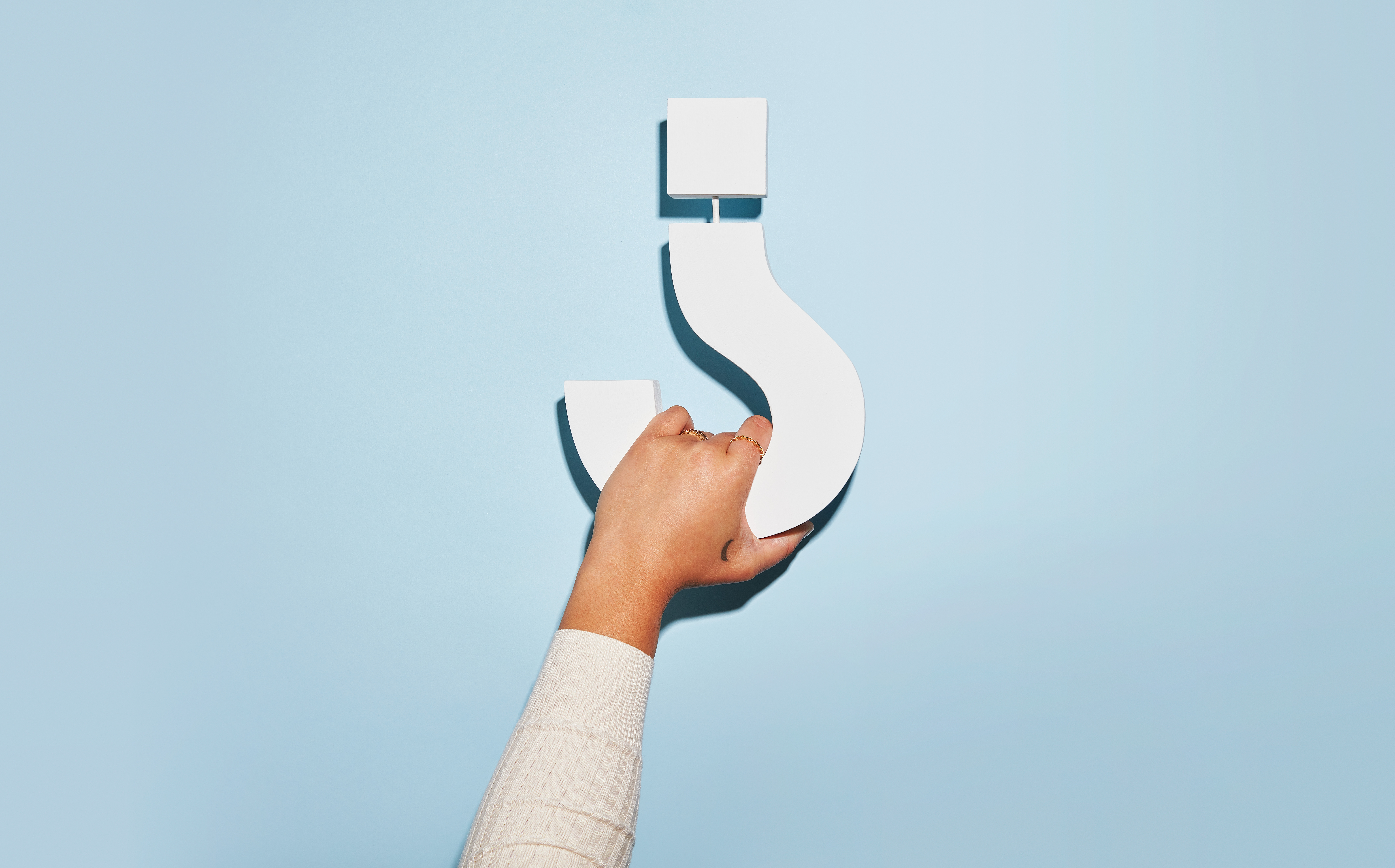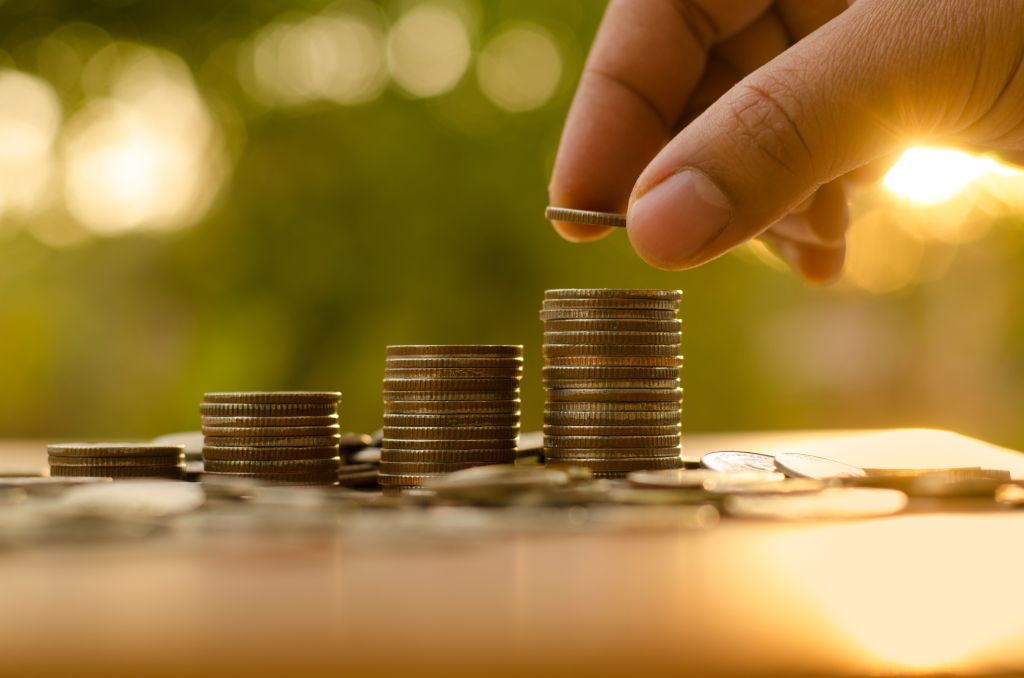Published April 4, 2023 • 3 Min Read
When economic decision-making intersects with emotions, you get behavioural economics.
Consider this. If your realtor thinks the condo you’re selling is worth $500,000, you may be inclined to hold out when you receive an offer at $450,000. The half a million mark becomes an anchor to which you compare all offers. This tendency to stick to first impressions is called anchoring bias.
And for most people, the pain of losing $100 is greater than the joy of earning the same amount. That visceral reaction is called loss aversion.
These are just two examples that fall under the discipline of behavioural economics. It combines economics with psychology to examine how financial decisions are influenced by emotions.
While classical economics is based on the belief that people make rational choices, behavioural economics looks into how emotions and personal biases can affect financial decisions. Put simply, the discipline assumes that knowledge and rationality can often be overridden by emotions and biases.
Normally, we’d let rationality and reason guide our actions, whether that means eating vegetables at every meal or regularly putting 10 per cent of our income into savings and investments. But our instincts, assumptions, learned behaviours, emotions and other biases are often at play when we make decisions.
Did you know?
No one knows behavioural economics better than Richard Thaler, one of the founding fathers of the discipline. A Nobel Prize-winning economist at the University of Chicago, he has long criticized the limits of traditional economics, which overlooks human emotions.
Much of Thaler’s work focuses on self-control and judgement in money-related matters. For example, he argues that saving $20 on a $50 purchase would motivate people to drive across town more than saving $20 on a $100 purchase, though the money saved would be the same. He calls this mental accounting, a mindset that causes people to place different values to the same amount of money depending on context. This is among one of the many behavioural economic concepts researchers study.
Use behavioural economics to better your decisions
When it comes managing money, most people have a pretty good idea of the things we “should” do: save more, spend less, invest early, sleep on big-purchase decisions and do the research before buying etc. Behavioural economics looks at why we don’t always do those things—even when we can.
Understanding the patterns that drive our choices makes it easier to identify the thoughts, emotions and habits that could steer us off course from our goals—and ultimately help us make to make better decisions.
This article is intended as general information only and is not to be relied upon as constituting legal, financial or other professional advice. A professional advisor should be consulted regarding your specific situation. Information presented is believed to be factual and up-to-date but we do not guarantee its accuracy and it should not be regarded as a complete analysis of the subjects discussed. All expressions of opinion reflect the judgment of the authors as of the date of publication and are subject to change. No endorsement of any third parties or their advice, opinions, information, products or services is expressly given or implied by Royal Bank of Canada or any of its affiliates.
Share This Article






